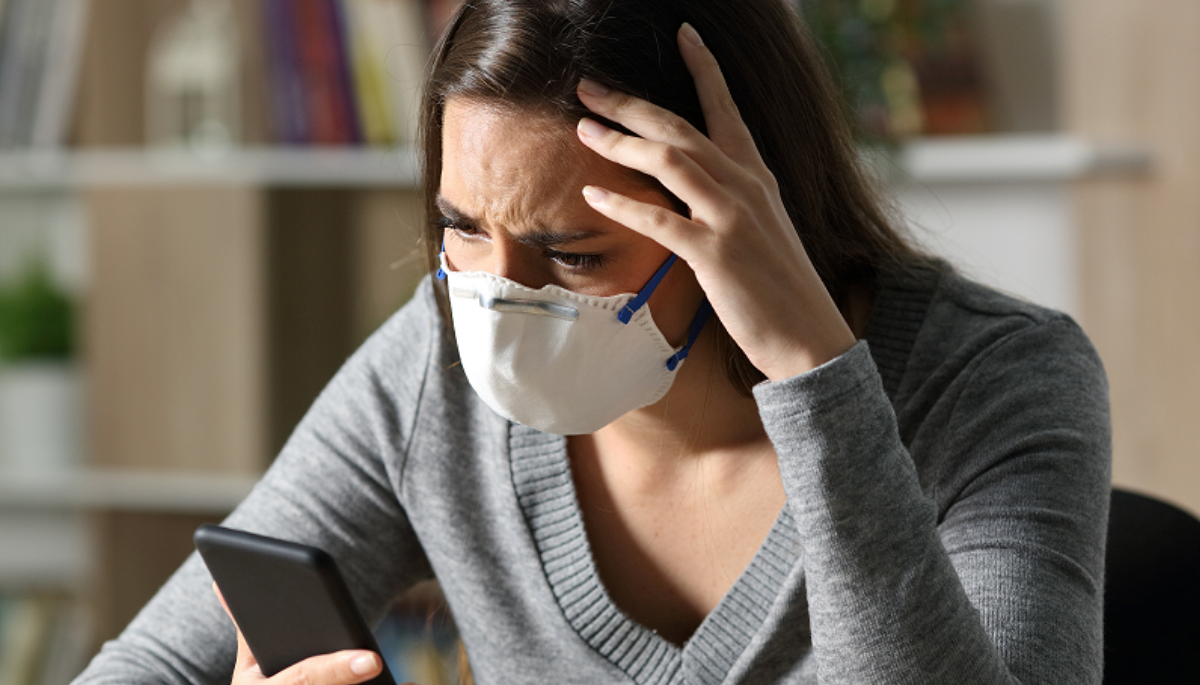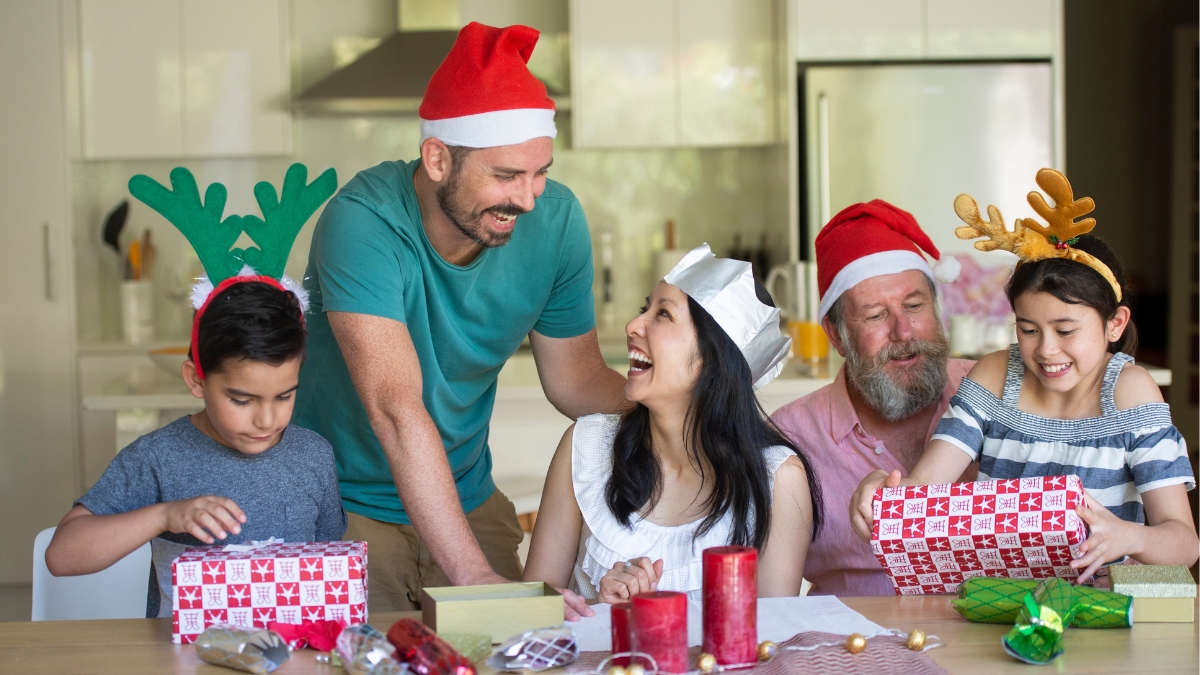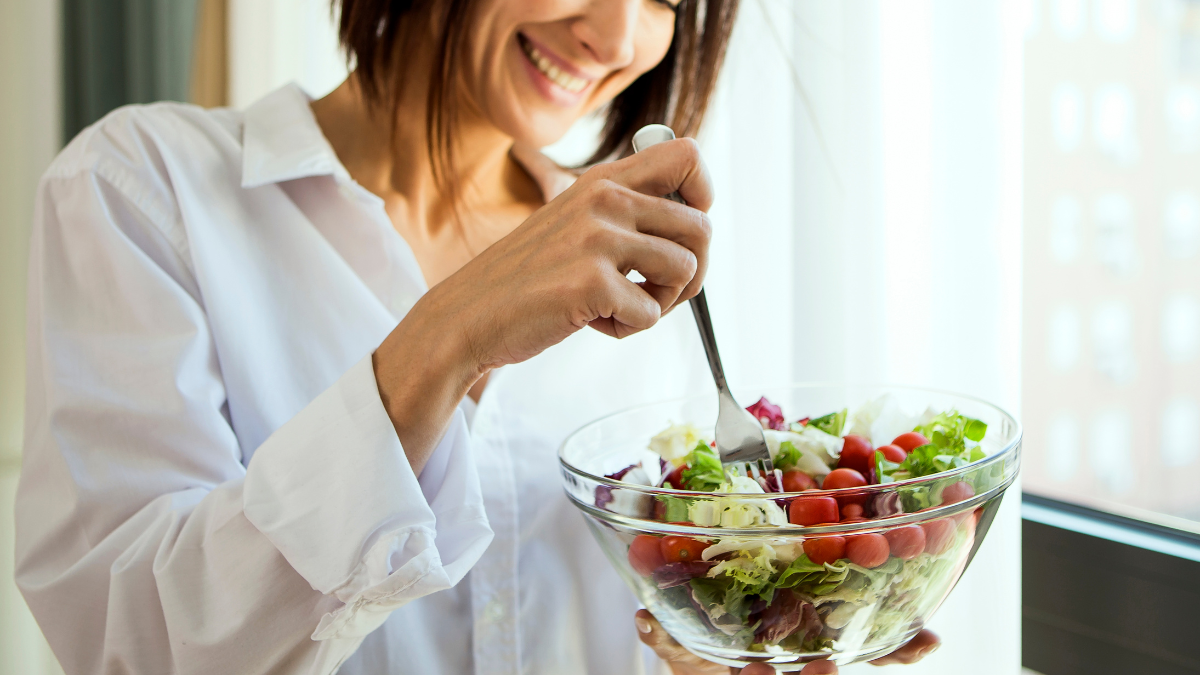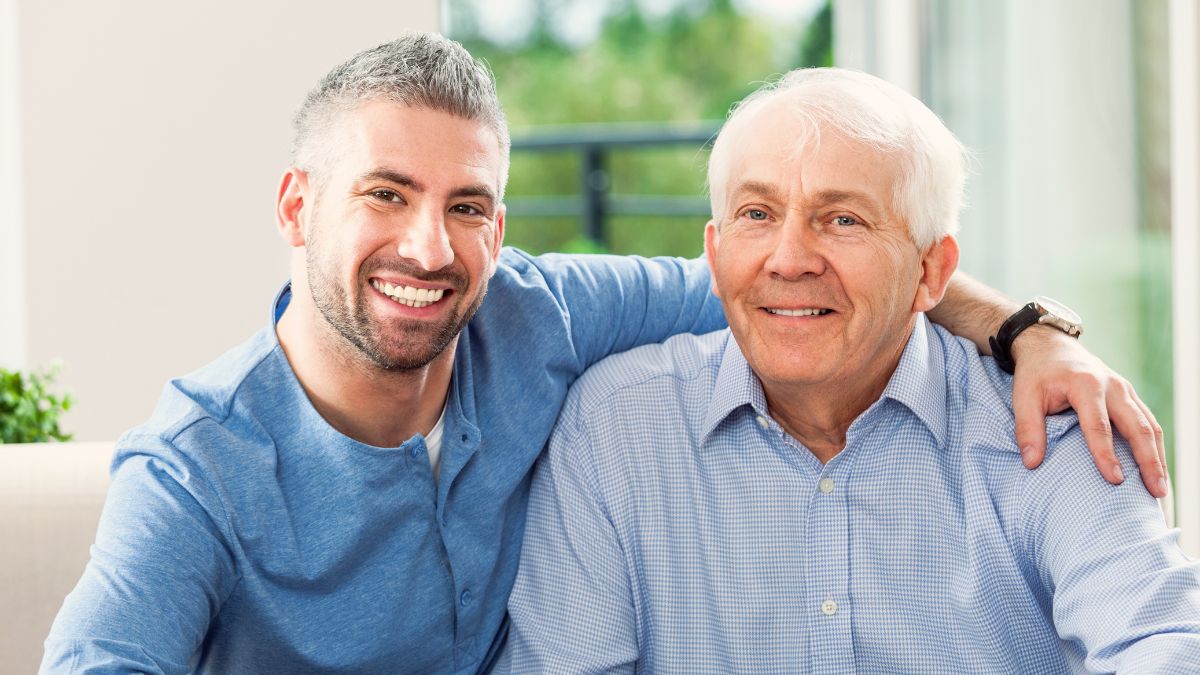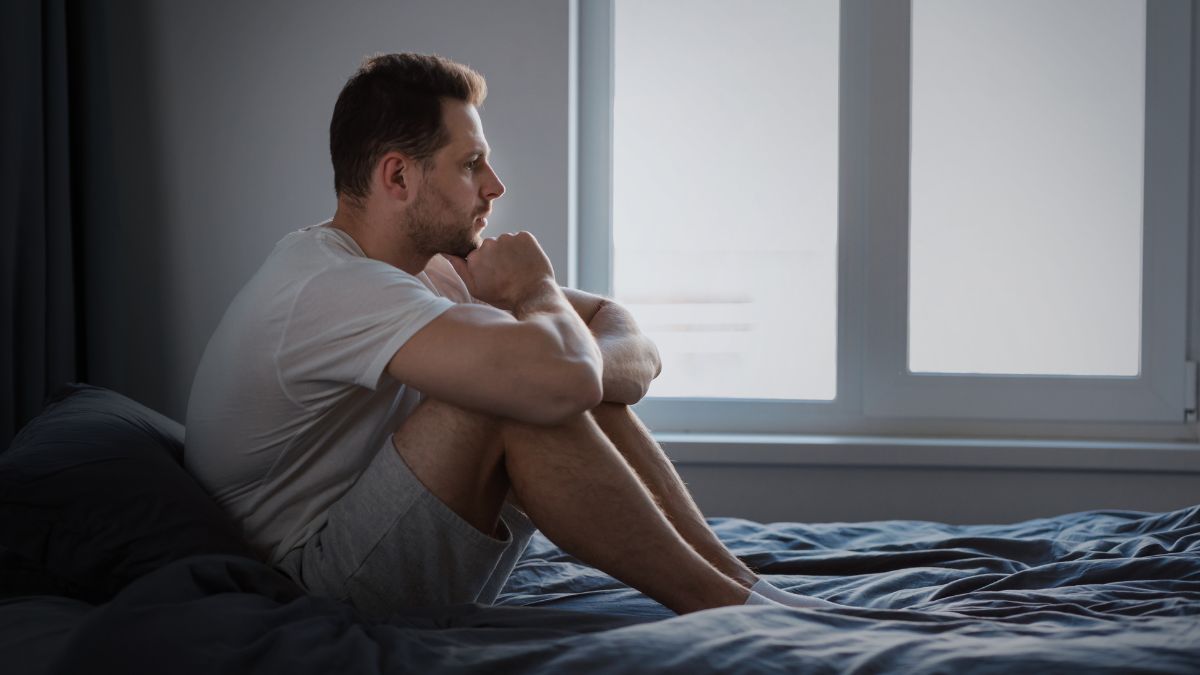Managing your uncertainty during the COVID-19 pandemic.
Two years has passed since the first COVID-19 case was reported in Australia. Since then, over two million people have been diagnosed with the disease, resulting in closed borders, grounded planes, cities locked down and heated discussions about public policy. The results has been an increased uncertainty about the best way to approach this disease, how to live with it, and what the future may bring.
Uncertainty related to COVID-19 pandemic is often reported by melanoma patients, specifically:
- fears about their own health or the health of their loved ones
- uncertainty about the effect of vaccines on treatment efficacy
- disrupted access to healthcare
- worries about limited supplies during lockdown and self-isolation
- distress after watching the news
- decreased trust in the media and politicians
- difficulty connecting socially with friends and loved ones
- financial concerns
- instability of employment
- disruption of daily routines.
With the pandemic continuing to evolve, many of us are feeling uncertain, often with more questions than answers! You may find the following tips helpful in managing your uncertainty during the pandemic:
1. Protect yourself and others by following recommendations on hygiene, mask wearing, physical distancing, vaccination and testing. Familiarise yourself with the most up to date recommendations provided by the Department of Health
2. As a part of the COVID-19 response, you may be offered telehealth rather than face-to-face consultations. To make the most out of your telehealth consultations:
– check your skin, scars and lymph nodes prior to the consultation
– take a photo of any lesions of concern and send to your healthcare professional
– ensure you have a private space that will limit interruptions
– ensure you are familiar with the software prior to the consultation (you can always ask the practice administration staff for support if needed)
– write down any questions you may have prior to the appointment.
3. Think about your ‘information diet’ and how it may be related to your feelings of uncertainty and distress about the pandemic.
– How much time do you spend watching or reading news and searching for COVID-related information?
– How do you feel after you watch the news or read COVID-19 related articles? How helpful is your information diet in answering your questions, reducing uncertainty and any associated worries?
– How trusted are your information sources?
4. Focus your thinking on things that you can control, rather than those you cannot. Focusing on these things (e.g. how and how often you get COVID-19 news, your routines, your behaviour, and your connections with others) will give you a sense of control over the situation. You will soon realise that there are many aspects of your life that are still within your control despite being in a pandemic.
5. Be present. Uncertainty is mostly about events that may (or may not) happen in the future. By focusing on the present moment, you experience what is, rather than what may be.
6. Establish a routine. Having a routine will ensure that important things get done and it will give you sense of control during uncertain times. Aim to include some daily activities that foster connection, sense of achievement and meaning.
7. Nurture important relationships. Physical distancing does not need to be social distancing. This is especially important during lockdowns and self-isolation times. You may have to be creative if unable to see people face-to-face, such as using video calls.
8. Do things that matter to you. Some restrictions may mean that some activities you enjoy (e.g. international travel) may be difficult to do for now. Think about how you can substitute or create new activities that will help you live meaningfully.
9. Be kind to yourself. This is a stressful time, so it is normal to experience a range of emotions. This is a normal, natural response to uncertainty.
10. Ensure the basics get done. Get enough sleep, nutrition and move your body. This will increase your overall level of resilience. These activities are definitely within your sphere of influence.
11. If you find that your worry is affecting your everyday activities, routines or sleep, speak to your healthcare professional about a referral to a psychologist who will be able to support you.
12. Uncertainty is often a result of a lack of information. Think about what exactly it is you are worried about and how you can get more information from a reputable source. However, it is important to remember that the most personalised information will come from your medical professional, as they have specific information about your health and well-being.
Additional resources you may find useful:
- Melanoma Patients Australia has published a wonderful resource to support melanoma patients throughout the COVID-19 pandemic
- For caregivers, CarerHelp has several online resources which may be helpful [link to
- Cancer Council has a series of factsheets and frequently asked questions that may address your uncertainties regarding COVID-19.
- FACE COVID by Dr Russ Harris is a practical 5-minute video on how to cope with the various thoughts and emotions associated with COVID-19.
- Guide To Living With Worry And Anxiety Amidst Global Uncertainty has some useful tips and worksheets and is translated to multiple languages.
- Helpful Expert Tips and Resources to Manage Anxiety contains videos and blog posts exploring a range of COVID-19 related topics.
The Supportive Care Team at Melanoma Institute Australia hopes that you will find these tips helpful in coping with COVID-19 uncertainty. If you have any questions or queries about this article, please contact supportivecare@melanoma.org.au or 02 9911 7200.
